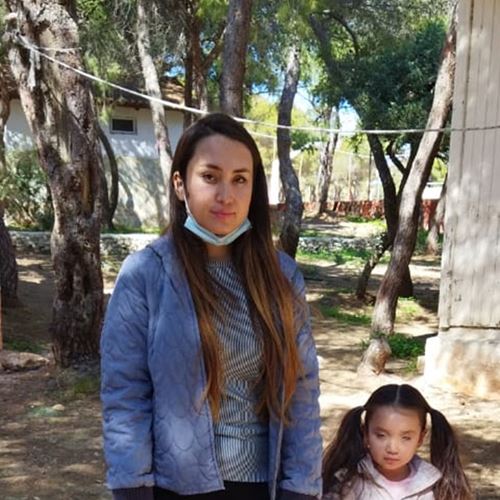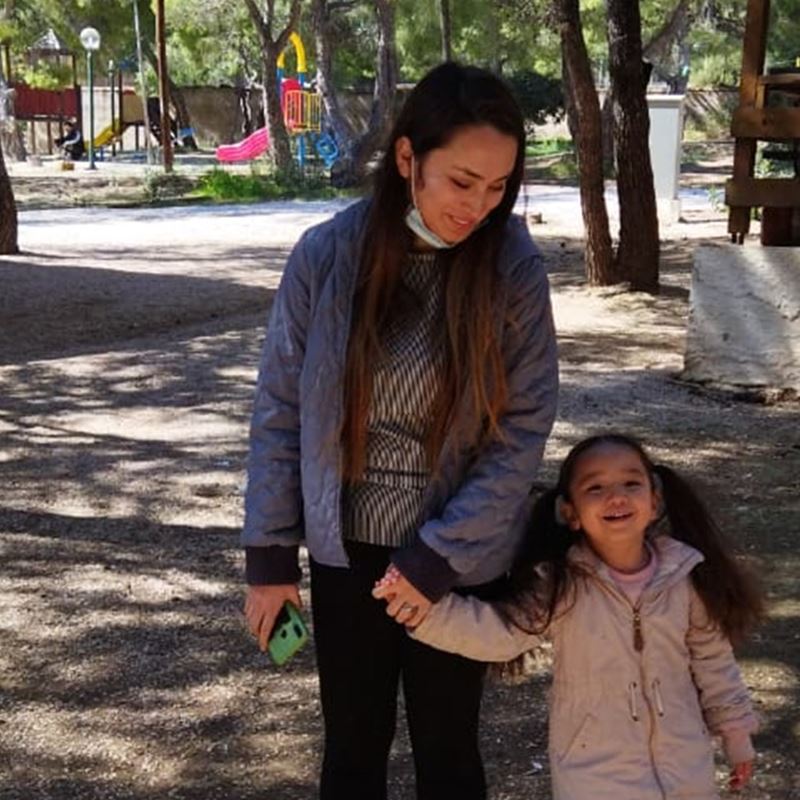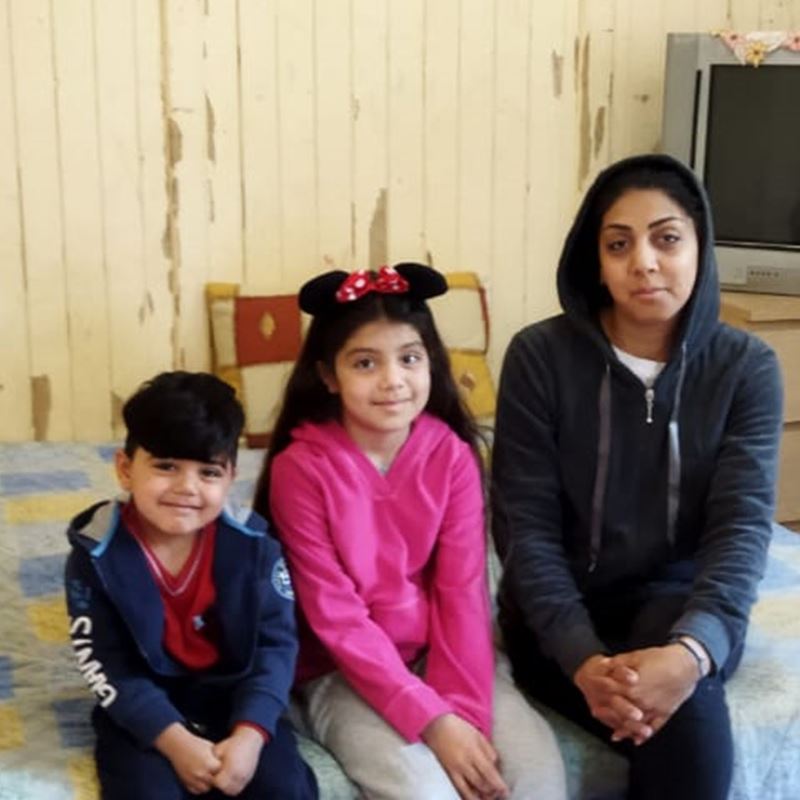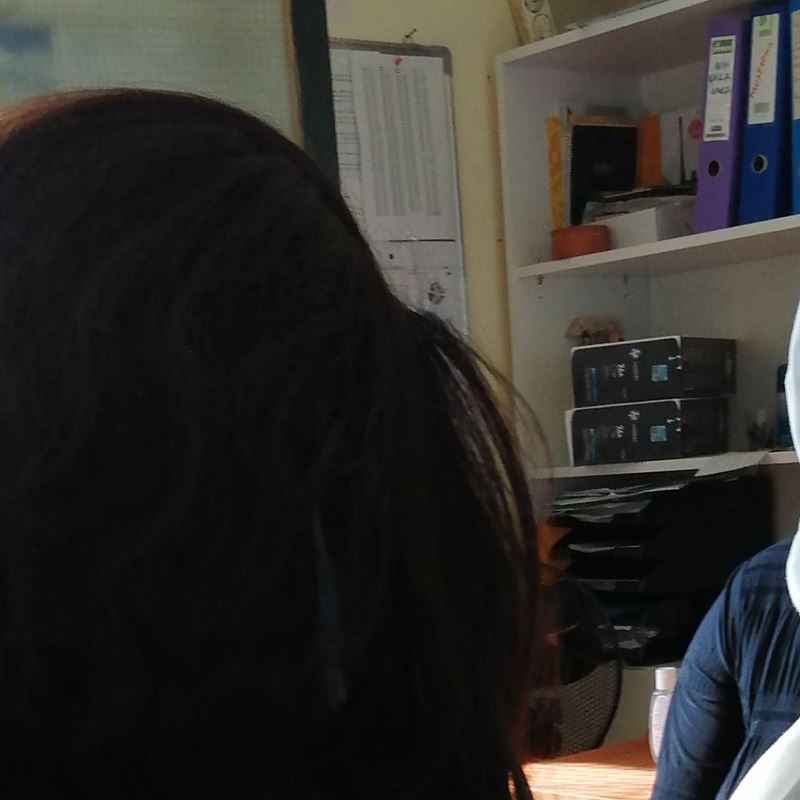Somaya: "I want to study and become a nurse"
"We need equal rights with men, we need to stop discrimination against women to be able to reach safety and their dreams,” says Somaya.
The 28-year-old single mum left Iran two years ago in the hope of reaching a safe country and get away from her violent and drug-addicted husband. As a refugee in Iran, she felt “invisible” due to lack of legal documents, which made her unable to study and seek public services.
“I had no choice. I had to leave my husband, but I couldn’t rent an apartment or get a decent job to support my daughter and son in Iran,” she explains.
However, Somaya did not expect that it would take her more than two years to find safety. Nor did she imagine that her journey to Greece would be so tough.
“The day we crossed the sea, the weather was extremely bad, but my children were thrown in the dinghy and I had to follow. It was terrifying. I thought my life would end, and I was so scared for my children,” she says. Somaya is still working with a psychologist to overcome the nightmares caused by the crossing of the Aegean Sea to Lesvos in Greece.
But Somaya is strong and down to earth. She does not care about being rich but hopes to ensure that she and her children have access to basic things and have less uncertainty in their lives. For her, having a clear plan and being in control is key.
“DRC has been supporting us with legal aid and with Greek language and other classes. But for me, it is important not to wait for anyone to provide things for me. I want to study and become a nurse. This has been my dream job since I was a little girl,” Somaya says.



